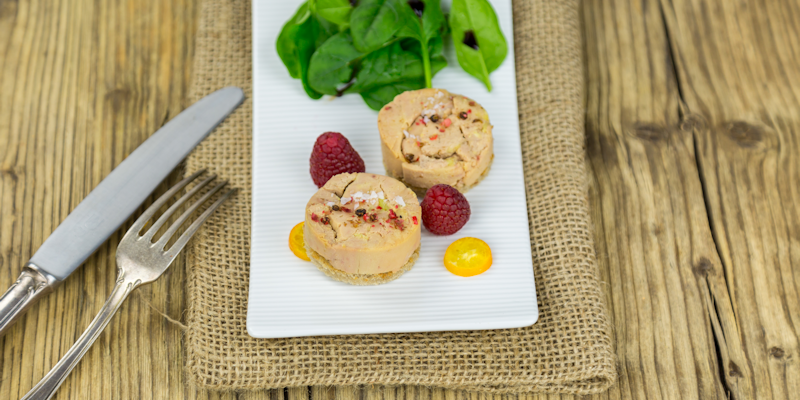Should the Government Control What We Eat?
These days, it seems as if the government is getting more and more involved with telling consumers what they can and can’t eat.
For instance, the New York City Board of Health passed a law stating that all restaurants, fast-food establishments, delicatessens, movie theaters, sports stadiums, and food carts are banned from selling sugar-sweetened beverages in cups larger than 16 ounces. The law does not apply to beverages sold in grocery stores, diet sodas, those that contain more than 70 percent fruit juice, or contain alcohol. In addition, dairy beverages that contain more than 50 percent milk are allowed.
In addition, several cities have passed laws relating to the use of trans fat, and as we all know, the government is very involved with deciding what food items can be served in schools.
Many consumers feel that the government should mind its own business and let consumers decide for themselves what they eat; however, others feel that the government is simply trying to protect consumers by regulating what they eat in order to help keep them healthy and safe.
In the meanwhile, here are some more food items that federal and state governments have either banned or restricted due to health concerns, to preserve an animal species, or in response to inhumane preparation methods.
Unpasteurized (Raw) Milk
Raw milk was a staple in American households until the implementation of pasteurization to make milk safer. As a result, the sale of raw milk is not allowed in several states. However, there are some states that still permit sales in stores, while other states only allow sales directly from farms in small quantities. Laws that ban raw milk are intended to protect consumers from harmful bacteria; however, supporters of raw milk claim that the current standards in farm sanitation make raw milk safe to drink.
Japanese Puffer Fish (Blowfish)
It is illegal to sell, harvest, or serve blowfish in the United States without a license. Blowfish got their name due to their ability to inflate themselves to several times their normal size by swallowing water or air when they threatened. Although the eyes and internal organs of most blowfish are highly toxic, the meat is considered a delicacy in Japan and Korea. Almost 60 percent of humans who ingest this fish die from tetrodotoxin, which is a powerful neurotoxin that damages or destroys nerve tissue. Humans only need to ingest a few milligrams of neurotoxin for a fatal reaction to occur. Note that most blowfish poisoning is the result of accidental consumption of other foods that are tainted with tetrodotoxin, not from consuming blowfish itself.
Casu Marzu Maggot Cheese
Casu marzu, which means “rotting cheese” in Sardinian, is an unpasteurized cheese that is banned in the United States. This very smelly cheese is a runny white cheese that is made by injecting Pecorino Sardo cheese with live cheese-eating larvae that measure about one-half inch long. Sardinians traditionally eat this cheese with the maggots running through it – Sardinians claim the maggots make the cheese creamier as they hatch and die.
Foie Gras
Foie Gras, which means “fatty liver,” is banned in many states, as state governments believe the process of creating foie gras is inhumane. In order to create foie gras, ducks and geese are painfully force-fed up to four pounds of food a day by cramming it down their throats through metal pipes until they develop a disease that causes their livers to enlarge up to several times their normal size.
What are your thoughts on the government controlling what consumers eat?



mmm blowfish